Home » Juvenile Detention Abuse Lawyer » Michigan Juvenile Detention Abuse
Juvenile detention abuse in Michigan is a devastating and traumatic experience that often leaves survivors struggling through severe emotional distress and physical pain.
They don’t know how to stop the abuse or where they can turn to for help.
The support and assistance of a skilled juvenile detention abuse lawyer in Michigan will help you and your loved ones put an end to this terrifying and traumatic experience while seeking justice and protecting you and your loved ones’ rights.
At TopDog Law, our network of lawyers can help you and your loved ones navigate this challenging time and attain the justice you deserve. Contact TopDog Law today to connect with a skilled and compassionate juvenile detention abuse lawyer in Michigan.

It costs absolutely nothing to see if you have a case
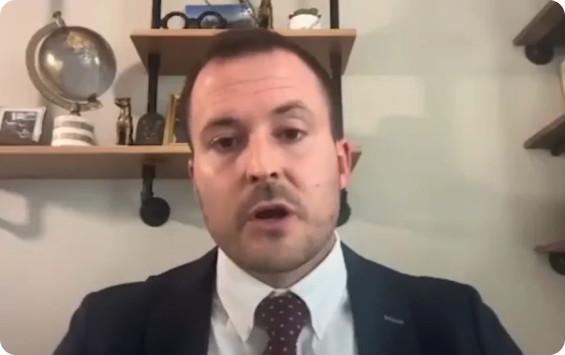
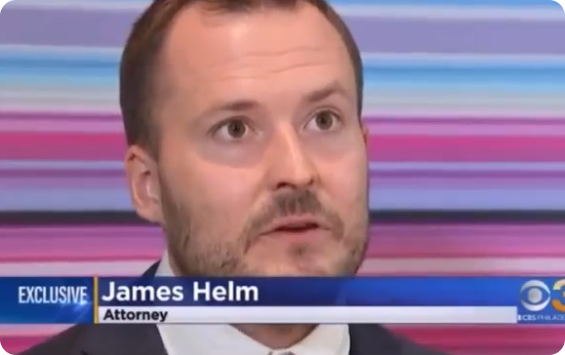

Suffering from abuse while in a juvenile detention center is often a terrifying, painful, and traumatic experience for people. They often feel a mix of despair, fear, confusion, and anger as they try to navigate a safe way out of their abuse while also feeling trapped in their environment.
According to a report published by the National Center for Juvenile Justice (NCJJ), police arrested an estimated 696,620 juveniles in the United States in one recent year. With a vast number of juveniles going through the court system, the circumstances for abuse can increase.
Juvenile abuse, also known as child maltreatment, can come in various forms. The Children’s Bureau identifies four main categories of abuse:
Physical abuse is any on-purpose physical injury imposed upon a youth.
This includes kicking, burning, striking, biting, and excessive corporal punishment.
Common examples of physical abuse happening to a juvenile in detention are physical beatings, excessive use of force or restraints, and over or under-medicating.
Sexual abuse and trafficking are other unfortunate types of abuse that occur to juveniles in detention.
Sexual abuse is considered any sexual activity with a child for either the gratification or financial gain of the perpetrator. This includes molestation, pornography, statutory rape, prostitution, and any other sexual activities with the minor.
Recruiting, transporting, or harboring a juvenile for a commercial sex act constitutes sex trafficking.
Not all abuse is physical.
Psychological abuse, also known as emotional abuse, is considered any action that causes harm to the emotional stability of a juvenile. This type of abuse can result in depression, withdrawal, anxiety, agitation, and aggressive behavior.
Common examples of psychological juvenile detention abuse include verbal abuse, aggressive language, intimidation, nonverbal threats, insults, isolation, and excessive demands.
At times, the lack of an action by a person is considered abuse when it is in the form of neglect.
Neglect is the failure of a caretaker or caregiver to provide the juvenile with needed food, water, clothing, medical care, shelter, or adequate supervision to ensure the youth’s safety, health, and overall well-being without the threat of harm.
In a juvenile detention facility, common forms of neglect include not adequately feeding the youth, withholding needed medical treatment, or not sufficiently supervising the youths to prevent youth-on-youth violence or altercations.
If you or your loved one has suffered from juvenile detention abuse, call TopDog Law today and we will connect you with a trusted and diligent juvenile detention abuse lawyer in Michigan.
Juveniles suffering from abuse in a juvenile detention facility can, unfortunately, receive the trauma inflicted by different types of perpetrators.
Adults commonly in positions of superiority or control over youths in a juvenile detention facility are found to be perpetrators of juvenile abuse.
Staff abusers can range from medical staff, correctional officers, teachers, counselors, and other adults who have a responsibility to care for the youths.
The U.S. Department of Health & Human Services’s Children’s Bureau reports 32 instances of youth maltreatment, or abuse, in one recent year a staff member of a group home or residential facility perpetrated the act, with 215 instances having a perpetrator that was classified as other, and two listed as the perpetrator having a professional relationship with the juvenile.
Juveniles are also commonly abused by other youths in the facility, whether in a physical, emotional, or sexual manner.
Often, when a juvenile is experiencing youth-on-youth abuse in a juvenile detention center, a form of neglect is also taking place by the caretakers responsible for keeping the youth safe.
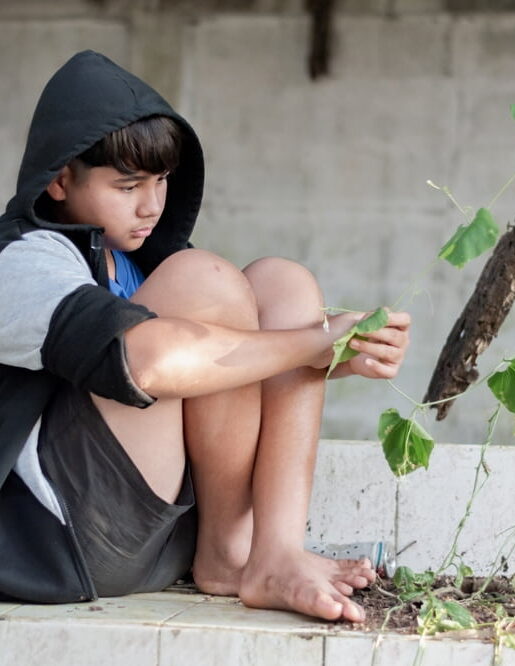
Juvenile detention abuse is a painful and traumatizing experience that comes in various forms of aggression, ranging from physical abuse, emotional abuse, sexual abuse, and neglect.
Most survivors and their loved ones feel overwhelmed, heartbroken, and frustrated after the experience. They often do not know what their options are and how to get help in seeking justice for their devastating situation.
If you or your loved one has suffered from juvenile detention abuse, you can recover compensation for the damages incurred from the abuse.
Recoverable damages include
Having the assistance of a compassionate and assertive juvenile detention abuse lawyer in Michigan will help you and your loved ones maximize your compensation recovered while protecting your rights in your fight for justice.
Contact TopDog Law today and let us connect you with a local juvenile detention abuse lawyer in Michigan.
The Michigan Penal Code outlines severities and punishments for the illegal abuse of a child in the state. State legislation identifies various degrees of child abuse depending upon the severity of the abuse inflicted.
Child abuse in the first degree is committed if the perpetrator knowingly or intentionally inflicts serious physical or mental harm upon a child.
This type of abuse is considered a felony that is punishable by imprisonment for any term of years up to a life sentence.
Child abuse in the second degree is committed if the perpetrator commits an omission or reckless act that causes serious physical or mental harm to a child.
A charge of second-degree child abuse can also be brought upon a person regardless of whether any harm was caused to the child if that person knowingly or intentionally commits any act that is likely to cause serious harm or commits an act that is cruel to the youth.
Child abuse in the second degree is considered a felony that is punishable by imprisonment of up to ten years for the first offense and up to 20 years for any additional offenses.
Child abuse in the third degree is committed if a person knowingly or intentionally causes physical harm to a youth or intentionally behaves in a way that poses an unreasonable risk of harm to a child that results in the child being injured.
Child abuse in the third degree is considered a felony that is punishable by imprisonment of up to two years for the first offense and up to 5 years for any additional offenses.
Child abuse in the fourth degree is committed if a person causes physical harm to a child through an act of omission or recklessness.
A charge of fourth-degree child abuse can also be brought upon a person regardless of whether any harm was caused to the child if that person knowingly or intentionally commits any act that is likely to pose an unreasonable risk of harm to the child.
Child abuse in the fourth degree is considered a misdemeanor that is punishable by imprisonment of up to one year for the first offense. The charge increases to a felony punishable by imprisonment of up to two years for any additional offenses.
If you believe you or your loved one have suffered from juvenile detention abuse, contact TopDog Law today to get connected with a trusted juvenile detention abuse lawyer in our Michigan network.
Being abused while in a juvenile detention facility is a terrifying, distressing, and painful experience for most survivors.
Common types of injuries caused by juvenile detention abuse include:

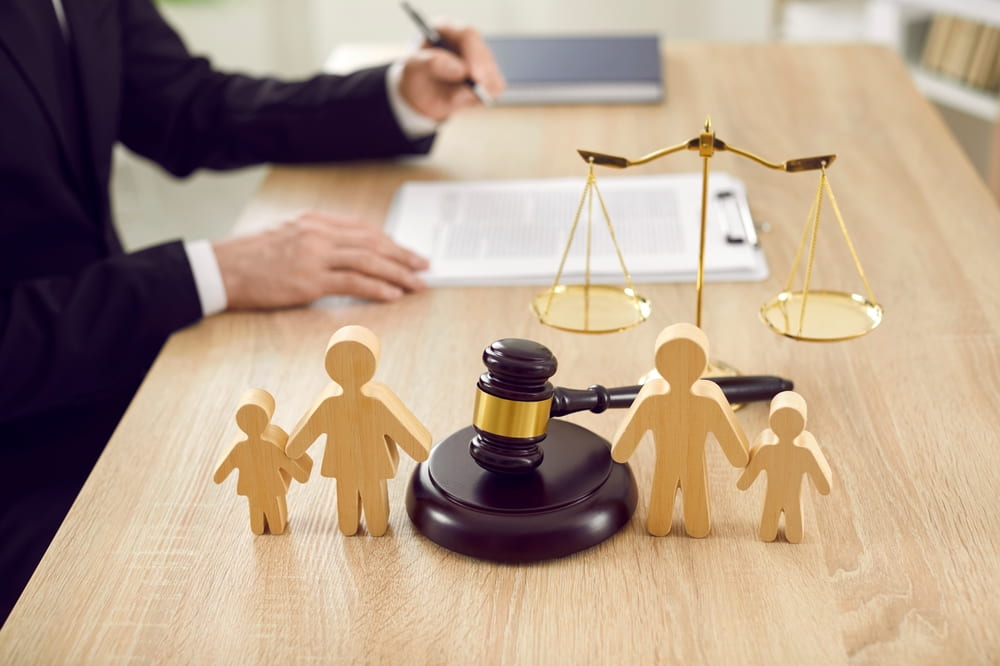
Suffering from cruel and traumatic abuse from a perpetrator while in a juvenile detention facility is a terrifying and painful experience that leaves most people feeling overwhelmed and in fear for their well-being.
Most people do not know what to do to seek justice and help after they or their loved ones have suffered from juvenile detention abuse.
Having a compassionate and diligent juvenile detention abuse lawyer in Michigan by your side will help make this painful and complicated situation easier for you and your loved ones to manage.
At Top Dog Law, our network of lawyers can help you and your loved ones get your life and health back on track. Your local lawyer will investigate the abuse and gather evidence for your case, advocate on your behalf, help you get the safety you or your loved one needs, protect your rights, and help you recover maximum compensation for your damages while seeking the justice you deserve.
Contact TopDog Law today to connect with a dependable and well-respected juvenile detention abuse lawyer in our Michigan network.
Discovering that either you or your loved one has suffered abuse in a juvenile detention facility is a traumatic and disheartening experience.
Take the proper steps to protect the juvenile’s health, safety, and rights during this challenging time.
Seek medical and psychological care for yourself or your loved one as soon as possible after the abuse.
Follow all medical treatment plans provided to you by your trusted medical team.
Report the incident(s) of abuse to the officials right away. By reporting the abuse, you take a vital step in attaining justice for yourself or your loved one, as well as helping to prevent this atrocity from being inflicted upon others.
Call 911 to get the help of local law enforcement if there is a threat of immediate danger.
Report the abuse to Michigan’s Department Health and Human Services immediately.
Maintain adequate documentation for as many items as possible associated with the abuse, including:
Contact an attorney as soon as possible to get you or your loved one proper help. Your trusted and reliable juvenile detention abuse lawyer will help ensure the safety and rights of you or your loved one are protected while helping you seek justice for this traumatic experience.
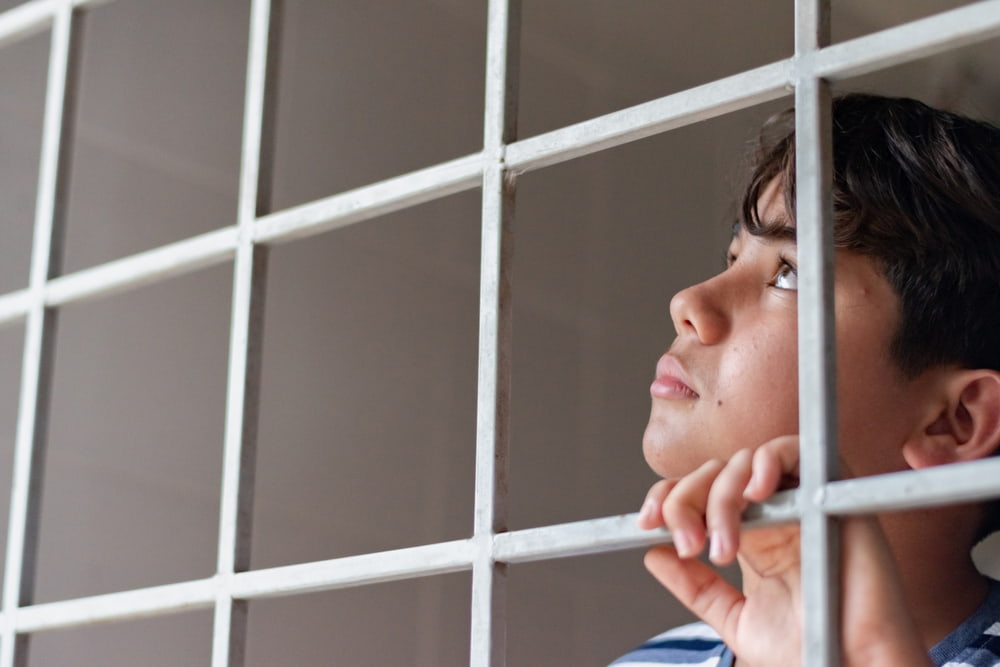
Many people find it challenging to determine if their loved one is experiencing juvenile detention abuse. It is common for survivors not to want to discuss their trauma, so you need to know what signs and symptoms to look for in your loved one.
Signs and symptoms of child abuse include:
Discovering that either you or your loved one has suffered abuse in a juvenile detention facility is a traumatic and disheartening experience.
Take the proper steps to protect the juvenile’s health, safety, and rights during this challenging time.
Seek medical and psychological care for yourself or your loved one as soon as possible after the abuse.
Follow all medical treatment plans provided to you by your trusted medical team.
Report the incident(s) of abuse to the officials right away. By reporting the abuse, you take a vital step in attaining justice for yourself or your loved one, as well as helping to prevent this atrocity from being inflicted upon others.
Call 911 to get the help of local law enforcement if there is a threat of immediate danger.
Report the abuse to Michigan’s Department Health and Human Services immediately.
Maintain adequate documentation for as many items as possible associated with the abuse, including:
Contact an attorney as soon as possible to get you or your loved one proper help. Your trusted and reliable juvenile detention abuse lawyer will help ensure the safety and rights of you or your loved one are protected while helping you seek justice for this traumatic experience.
Suffering from juvenile detention abuse is a painful, terrifying, and traumatic experience for survivors and their loved ones.
If you or your loved one have suffered from this type of abuse, contact TopDog Law today at (313) 751-9628 to get connected with a local juvenile detention abuse lawyer in Michigan.

645 Griswold Street, Suite 1309
Detroit, MI 48226
TopDog Law is known for its relentless pursuit of justice. Our experienced team fights tirelessly to secure maximum compensation for our clients, ensuring every case is handled with dedication and determination.
We understand the emotional and financial toll that personal injuries can take. That’s why we prioritize open, compassionate communication and provide tailored support throughout the legal process. With free consultations and a contingency fee model, you won’t pay a dime unless we win your case.
With TopDog Law on your side, you can rest assured that you have a tenacious, experienced team fighting to get you the compensation you deserve, no matter where you’re located.

TopDog Law is a national marketing network for law firms, including Helm Law Group, LLC, which license the TopDog Law name and separately operate in states where they are each licensed. James Helm is licensed to practice in Arizona and Pennsylvania. Helm Law Group, LLC operates in Arizona.
3225 Cumberland Blvd, Ste 100
Atlanta, GA 30339
111 Presidential Blvd., Suite 251
Bala Cynwyd, PA 19004
1 South St, Suite 2125A
Baltimore, MD 21202
950 22nd Street N. Suite 600
Birmingham, AL 35203
361 Newbury Street, 3rd Floor
Suite 310
Boston, MA 02115
305 E 204th St.
Bronx, NY 10467
215 E 5th St, Unit 1 Suite 400-3
Brooklyn, NY 11218
1207 Delaware Ave, Suite 012
Buffalo, NY 14209
101 N Tryon St. Suite C
Charlotte, NC 28246
6343 S Western Ave.
Chicago, IL 60636
2217 E 9th St, Suite A
Cleveland, OH 44115
66 S Logan St Suite B
Denver, CO 80209
645 Griswold Street, Suite 1309
Detroit, MI 48226
863 Massachusetts Ave 2nd floor Suite B
Indianapolis, IN 46204
317 E Capitol St suite 200C
Jackson, MS 39201
1701 Troost Ave suite 202b
Kansas City, MO 64108
#8 Shackleford Plaza, Suite 304
Little Rock, AR 72211
8124 W 3rd St, Suite 201
Los Angeles, CA 90048
3385 Airways Blvd Unit 301F
Memphis, TN 38116
1433 N Water St Suite 400D
Milwaukee, WI 53202
600 Mount Prospect Avenue, Suite A
Newark, NJ 17104
66 Franklin St, Suite 300C
Oakland, CA 94607
5627 Germantown Ave Suite 420
Philadelphia, PA 19144
2700 N Central Ave Suite 320B
Phoenix, AZ 85004
6425 Living Place, Suite 200
Pttsburgh, PA 15206
920 West Sproul Road, Suite 201
Springfield, PA 19064
4625 Lindell Blvd Suite 200 & 300C
St. Louis, MO 63108
1150 Connecticut Ave NW, Suite 802B
Washington, DC 20036
6832 W North Ave Suite 2A
Chicago, IL 60707
3509 Haverford Ave, Suite 102
Philadelphia, PA 19104
Copyright 2025 All Rights Reserved © TopDog Technologies, Inc. and Helm Law Group, LLC
403 Olde House Lane Media, PA 19063
